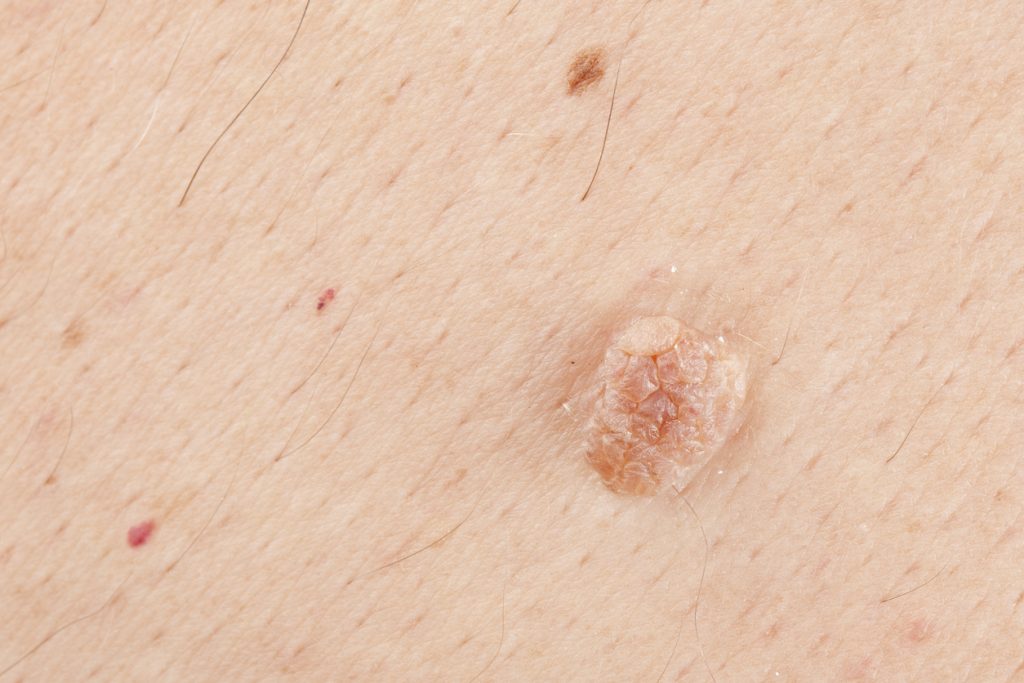Human Papillomavirus (HPV) is the most common sexually transmitted infection in the world and plenty of us will get it at some point in our lives. The common virus is spread easily through skin-to-skin contact and often doesn’t show symptoms.
HPV is mostly harmless but some types in some people can lead to genital warts and certain cancers. HPV prevention and screening programs have usually focused on women, but men are also at risk, so here’s what you need to know about HPV.
What is HPV?
There are more than 100 different types of human papillomavirus and about 40 of these are known as genital HPV (as they affect your genitals). Genital HPV types may be low-risk types (such as HPV types 6 and 11) or high-risk types (such as HPV types 16, 18, 31, 33, 45, 52 and 58). Low-risk HPV types cause genital warts and do not cause cancer. Some high-risk HPV types can cause serious illness including cancer.
You can be be infected with more than one type of HPV.
How common is HPV in men?
Very. Almost one in three men over the age of 15 are infected with at least one genital HPV type, and one in five are infected with one or more high-risk HPV types.
Signs and symptoms of HPV in males
Most men with HPV do not have any symptoms.
HPV screening for men
There is currently no approved screening test for HPV in men and there is no treatment for HPV. If HPV has caused genital warts, a doctor will usually diagnose it simply by looking at them and these can be treated.
HPV and genital warts
Genital warts usually appear as a group of small, raised bumps on the scrotum, on the shaft or tip of the penis or around your anus. However, you may also get a single wart.
Genital warts range in colour and size and may be rounded or flat, smooth or rough.

Does HPV clear up in men?
Most infections will go away without treatment in one to two years. However, there are times when your immune system doesn’t deal with HPV naturally, usually when the infection is with high-risk types. This is called ‘persistent’ HPV infection and has an increased risk of developing HPV-associated cancers.
HPV and cancer in males
In men, the virus causes 90% of anal cancer, about 60% of oropharyngeal (tonsils, throat, base of tongue) cancers, and rarer cancers, such as 50% of penile cancers.
HPV and men who have sex with men
Men who have sex with men have an increased risk of HPV infection, genital warts and anal cancer than others. Men who have sex with men seem to be less likely to develop immunity after an infection with the HPV type most often linked to anal cancer.
Preventing HPV
Because HPV is a common virus and is so easily passed on, it is quite difficult to prevent yourself from being infected. Condoms offer some protection against HPV, but they don’t cover the whole genital area. Vaccination is your best bet for preventing HPV.
HPV vaccine in Australia for adults
Vaccination is a safe and effective way to protect yourself from HPV. Anyone who wants to protect themselves against HPV can talk to their doctor about getting vaccinated with either Gardasil or Cervavix. In Australia, HPV vaccination is available free as part of the National Immunisation Program for adolescents aged 12 to 13, and adults up to 26 who missed their shots in school.
The vaccine prevents infection by the nine types of human papillomavirus most associated with disease in humans, including types 6 and 11.
The vaccination doesn’t treat an existing infection, so it must be given before you’re exposed to the virus to be effective.
If you’re worried about HPV
Book an appointment with a doctor or a local sexual health clinic.















